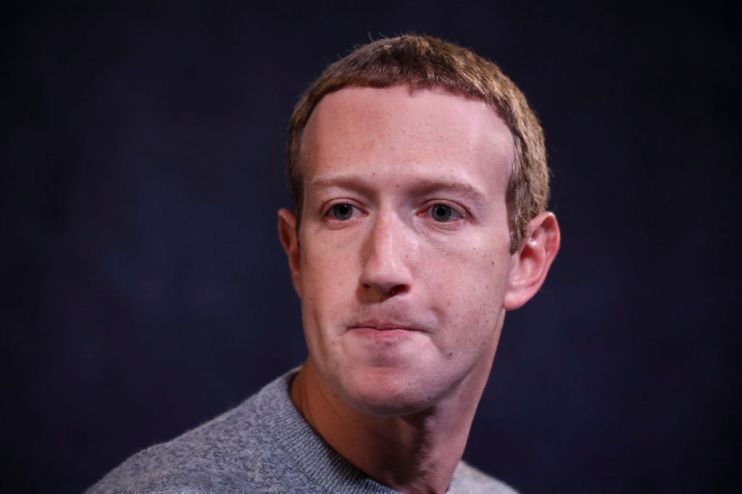Facebook, Youtube and Twitter strike deal with advertisers over harmful content

Facebook, Youtube and Twitter have struck a deal with advertising giants over harmful content, as the Silicon Valley firms attempt to restore relations hammered by this year’s advertising boycott of social media sites.
The tech giants will next year launch a new system for overseeing advertising on their sites, based on common definitions of hate speech, bullying and other harmful content.
The fresh agreement sets out 11 categories of harmful material that should be removed from platforms, ranging from drug-taking to pornography.
The deal, reached in collaboration with the World Federation of Advertisers (WFA) and Global Alliance for Responsible Media (GARM), follows more than a year of intensive talks between advertising giants and social platforms against the backdrop of high-profile boycotts.
Earlier this year, more than 1,000 of the world’s biggest brands pulled adverts from sites such as Facebook and Instagram over their handling of hate speech, after videos deemed racist were allowed to proliferate on their platforms in the wake of Black Lives Matter protests.
Spearheaded by the Stop Hate for Profit campaign, the boycott dealt a huge blow to Silicon Valley’s reputation on the global stage and increased demand for scrutiny on social platforms.
Major brands instrumental in the boycotts including Unilever, Diageo and Mars have today welcomed the new agreement as helping build a bridge between advertisers and social media sites.
Luis Di Como, Unilever’s executive vice-president of global media, said: “Before this, each platform had a completely different understanding of the problem. And if we don’t have a common language, we cannot write a solution.”
It comes as social media companies face renewed calls to clamp down on fake news ahead of the upcoming US presidential election in November.
In July, Facebook, Twitter, Apple and Youtube executives were told they were “censoring political speech” and “spreading fake news” as they faced a grilling from the US Congress.
Mark Zuckerberg, founder and chief executive of Facebook, told lawmakers that “people don’t want to see fake news” and that the site was committed to weeding out harmful content.
Nick Clegg, Facebook’s company’s head of global affairs and former deputy Prime Minister of the UK, yesterday said the company will take aggressive measures to “restrict the circulation of content” if November’s presidential election descends into civic unrest.
Before the Open: Get the jump on the markets with our early morning newsletter